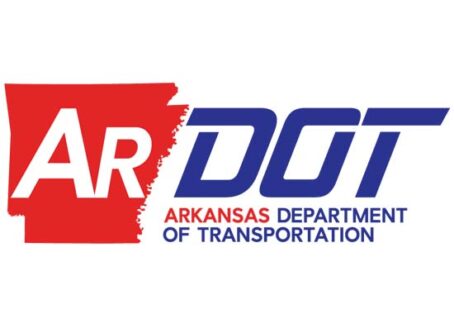Pennsylvania House approves toll bridge commission reforms
A renewed effort in the Pennsylvania statehouse to clear up inconsistencies in laws governing operation of the Delaware River Joint Toll Bridge Commission continues to make progress toward passage.
The agency maintains and operates seven toll bridges and 13 free bridges connecting New Jersey and Pennsylvania. The DRJTBC is composed of 10 commissioners, with five from each state.
Making changes to how the commission is run is a complex process. Because the agency is set up by a federal charter, identical legislation must be enacted in New Jersey and Pennsylvania and approved by the federal government.
The Pennsylvania House voted 175-16 to advance a three-part bill to implement greater state oversight of the commission. It now moves to the Senate.
House lawmakers acted last fall to unanimously adopt the changes. The bill, however, died without being considered in the Senate.
One provision in the renewed bill would require an annual financial and management audit of the commission by Pennsylvania’s auditor general and his New Jersey counterpart.
Another provision in HB351 would require the minutes of every commission meeting to be delivered to the governor. The commission would be forbidden from taking action until the minutes are approved by the governor, or for a period of 10 days.
A third provision would grant the Pennsylvania governor veto power over actions of the state’s commissioners.
New Jersey already has the rules in place.
Rep. Joe Emrick, R-Nazareth, says there is a genuine need for greater state oversight of the agency.
“Historically, the Commission has been a bastion of political patronage, and many of its financial and management decisions have been questionable at best,” Emrick wrote in a memo on his bill.
Emrick has referred to a fare increase from eight years ago that did not give commuters or businesses an opportunity to voice concerns about the toll increase.
Emrick has said the gubernatorial authority in Pennsylvania could have derailed the rate hike that charged large trucks 75 cents more per axle – to $4 from $3.25 per axle. Tolls for two-axle passenger vehicles increased 25 cents – to $1 from 75 cents.
Certain discounts are available.
At the time, agency officials said the rate hikes were necessary to keep up with capital improvements. An agency news release noted that higher truck fees reflected the “greater wear and tear trucks cause” on roads and bridges.
“Taxpayers deserve better, including a thorough and more frequent audit of the commission’s books so they have a better handle on how their money is being spent,” Emrick has stated.
The bill awaits consideration in the Senate Transportation Committee.









